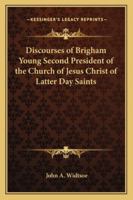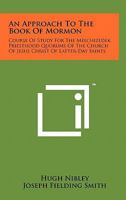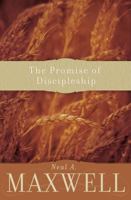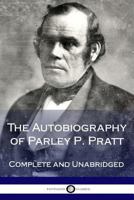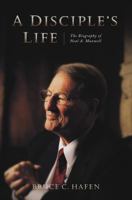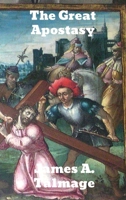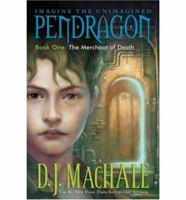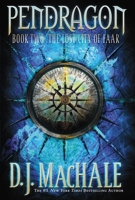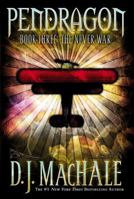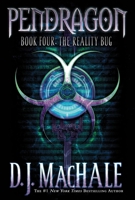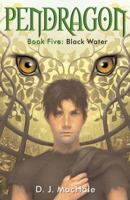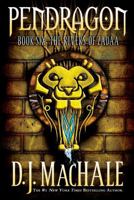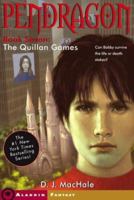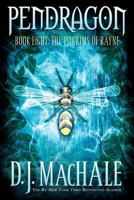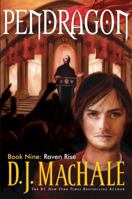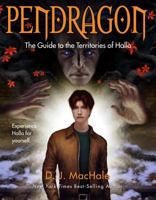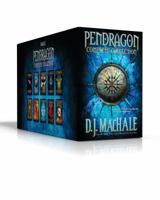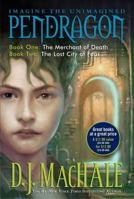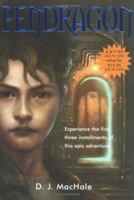Life is With People : The Culture of the Shtetl
Select Format
Select Condition 
You Might Also Enjoy
Book Overview
Over many hundreds of years the Shtetl, the small-town Jewish community of Eastern Europe, developed a way of life uniquely its own, bearing witness to the rich creative powers of the Jewish people and its faith. Today the Shtetl no longer exists. 'Life is With People' is a study of this rich but vanished past. This description may be from another edition of this product.
Format:Paperback
Language:English
ISBN:1879960567
ISBN13:9781879960565
Release Date:May 1999
Publisher:Aunt Lute Books
Length:251 Pages
Weight:0.78 lbs.
Dimensions:0.7" x 5.7" x 8.3"
Related Subjects
American Literature Contemporary Education & Reference Europe Foreign Language Study & Reference Foreign Languages Gender Studies Hispanic Hispanic American Studies History Humanities Literary Criticism & Collections Literature Literature & Fiction Poetry Politics & Social Sciences Reference Social Science Social Sciences Spanish Specific Demographics Women's StudiesCustomer Reviews
14 customer ratings | 6 reviews
Rated 5 starsReview: Life is with People
By Thriftbooks.com User,
I have read this book several times--as well as parts of it at least a half dozen times--and have never failed to glean an enormous amount of information about the incredible lives of Eastern European Jews before World War II. The authors (all of whom are highly trained in their respective fields) have opened up to their readers a beautiful and yet painful world which those of us who live in freedom and prosperity probably...
1Report
















